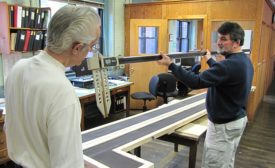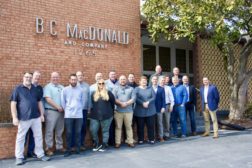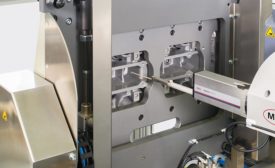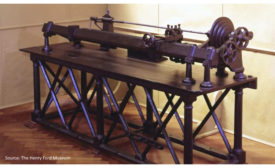Measurement
Discover gaging solutions for manufacturers in the automotive, aerospace, power generation, food and medical industries.
Read More
Quality Headline
Zeiss Awards SCOPEs Grant to K-12 Science Teachers Across US
April 4, 2021
Other Dimensions | Hill Cox
Thread Plug Gage Calibration
What's required to measure the most common elements of a thread plug gage.
March 5, 2021
Quality Headline
Applied Automation Technologies Joins Andretti Autosport as Official Metrology Solution
February 14, 2021
Stay in the know with Quality’s comprehensive coverage of
the manufacturing and metrology industries.
eNewsletter | Website | eMagazine
JOIN TODAY!Copyright ©2024. All Rights Reserved BNP Media.
Design, CMS, Hosting & Web Development :: ePublishing











